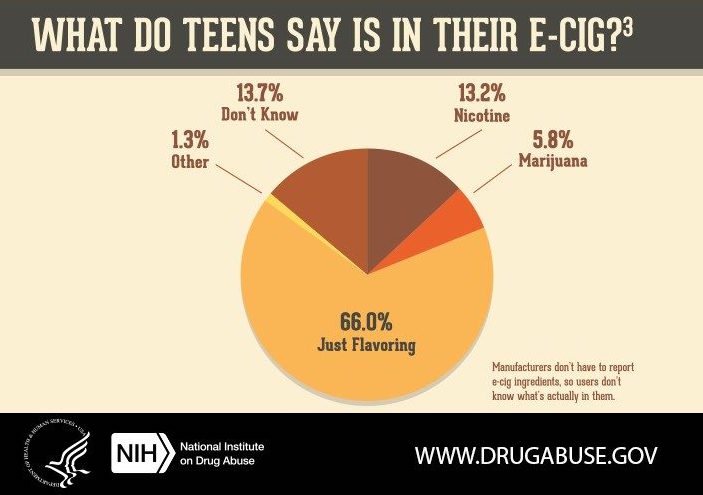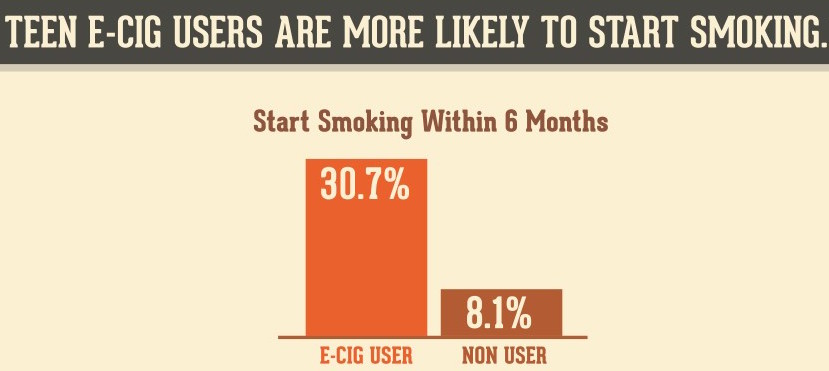A PERILOUS TREND

 BY ERIC SANTANA – In 2017 a new trend that took our country by surprise, a dangerous and addictive electronic cigarette known as the Juul. For those who are not familiar with the Juul, it is a USB like device that fits in the palm of one’s hand. This gadget has become extremely popular in younger generations, its users believe that there are not many potential risks, as it, “can’t be as bad as a cigarette.” However, its dangers and consequence on the health of the consumers has not been expressed enough as its use in our community, particularly in teenagers and young adults continues to be on the rise.
BY ERIC SANTANA – In 2017 a new trend that took our country by surprise, a dangerous and addictive electronic cigarette known as the Juul. For those who are not familiar with the Juul, it is a USB like device that fits in the palm of one’s hand. This gadget has become extremely popular in younger generations, its users believe that there are not many potential risks, as it, “can’t be as bad as a cigarette.” However, its dangers and consequence on the health of the consumers has not been expressed enough as its use in our community, particularly in teenagers and young adults continues to be on the rise.
The Juul itself uses pods that come in a variety of flavors and contain a total of 5% per volume of nicotine. This amount of nicotine is unparalleled by any other brand of e-cigarettes, and when compared to a cigarette itself, it is said that a pod contains twenty cigarettes worth of Nicotine. This amount of nicotine is highly dangerous as it is a chemical that is extremely addictive. There have been countless complaints coming from the parents of minors who have become addicted to nicotine due to this vaping trend and some parents have even attempted to sue the Juul company. Once the users become addicted to nicotine, quitting this habit can be extremely difficult and painful. The symptoms of Nicotine withdrawal are very intense and overpowering and include cravings for nicotine, sore throat, anxiety, depression, headaches, irritability, nausea, and many other uncomfortable symptoms. Many individuals are unaware of the potential threats of nicotine addiction and withdrawal. It is not a selective process; nicotine addiction can affect anyone.

The addictive component of the Juul is not the only health risk. Doctors have expressed many other reasons to be concerned. First off nicotine is associated with an increase in adrenaline, this constant increased level of adrenaline can be very detrimental and is strongly correlated with risks for heart attack. Moreover, the effects of juuling on the lungs are also significant and may be producing a risk for cancer. Studies have shown that many e-cigarettes similar to the Juul contain a variety of cancer-causing carcinogens similar to those found on plastic and metals, such as lead, which have been directly linked to an increased risk of various forms of cancer. The health risks for younger generations is even more concerning as the effects of juuling upon the brain are still inconclusive. However, physicians believe that the presence of nicotine and its addictive power can be very impactful and potentially create long term damage upon the adolescent brain. Studies have found that teens are especially very sensitive to the addictive effects of nicotine due to the brain continually developing until the age of twenty-five. Similar studies have also shown that younger individuals who began smoking e-cigarettes such as the Juul at earlier ages have an increased risk of developing psychiatric disorders and have signs of decreased cognitive function in terms of memory and attention.
